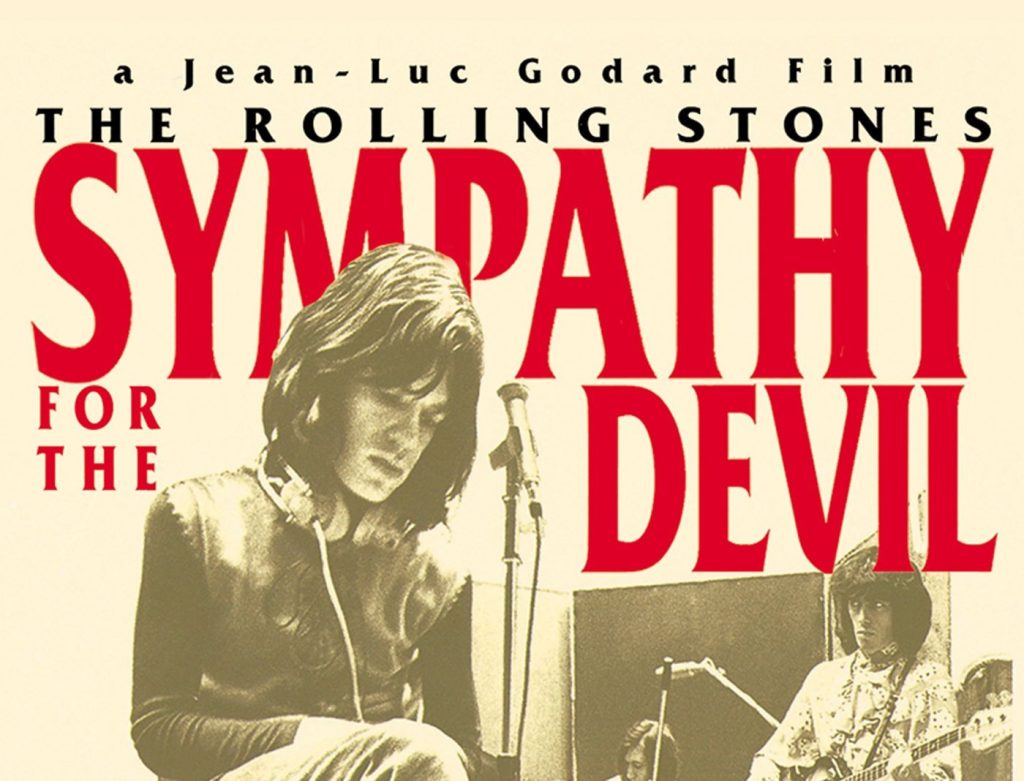
The Rolling Stones – “Sympathy for the Devil”: A Provocative Masterpiece of Rock
“Sympathy for the Devil” by The Rolling Stones stands as one of the most provocative and influential songs in rock history. Released in 1968 as the opening track on their album Beggars Banquet, this song is a masterclass in both musical innovation and lyrical audacity. It remains one of the band’s most iconic tracks, showcasing their ability to blend rock with an array of other musical genres while addressing controversial themes.
The song’s release was accompanied by significant anticipation, and it quickly made its mark on the charts, peaking at No. 32 on the Billboard Hot 100 in the United States. Although it did not reach the upper echelons of the charts, its cultural impact has been profound and lasting. It has been widely praised for its provocative exploration of human nature and historical events, and it continues to be a staple in The Rolling Stones’ live performances.
“Sympathy for the Devil” is notable for its blend of rock, samba, and blues influences, which create a rhythmically hypnotic backdrop for its lyrics. The song opens with an irresistible, rolling beat and a samba rhythm that underpins the haunting, charismatic vocals of Mick Jagger. Jagger’s delivery is both menacing and engaging, as he narrates the song from the perspective of the devil himself. This approach allows the song to explore themes of evil and corruption in a way that is both unsettling and compelling.
The lyrics of “Sympathy for the Devil” are a dark and provocative commentary on the nature of human violence and evil. Jagger’s devilish persona recounts historical atrocities and personal misdeeds with a chilling detachment, blurring the lines between historical events and the devil’s influence. The song’s chorus, with its memorable refrain “Pleased to meet you, hope you guess my name,” further emphasizes the devil’s role as a ubiquitous presence in human suffering and wrongdoing.
The track’s impact extends beyond its musical composition. It has been the subject of extensive analysis and debate, with interpretations ranging from political commentary to philosophical musings on human nature. The song’s complex layering of rhythm, melody, and lyrical content challenges listeners to confront uncomfortable truths about the darker aspects of society and human behavior.
In addition to its studio success, “Sympathy for the Devil” has been immortalized in The Rolling Stones’ live performances, where it often serves as a highlight, showcasing the band’s dynamic stage presence and their ability to infuse classic rock with fresh, vibrant energy. The song’s enduring popularity is a testament to its power as a cultural artifact, reflecting both the turbulent times in which it was released and its continued relevance in contemporary discussions about the nature of evil and morality.
In summary, “Sympathy for the Devil” by The Rolling Stones is not just a song; it is a cultural landmark. Its innovative blend of musical styles, combined with its daring lyrical content, cements its place as a provocative and influential piece of rock history.